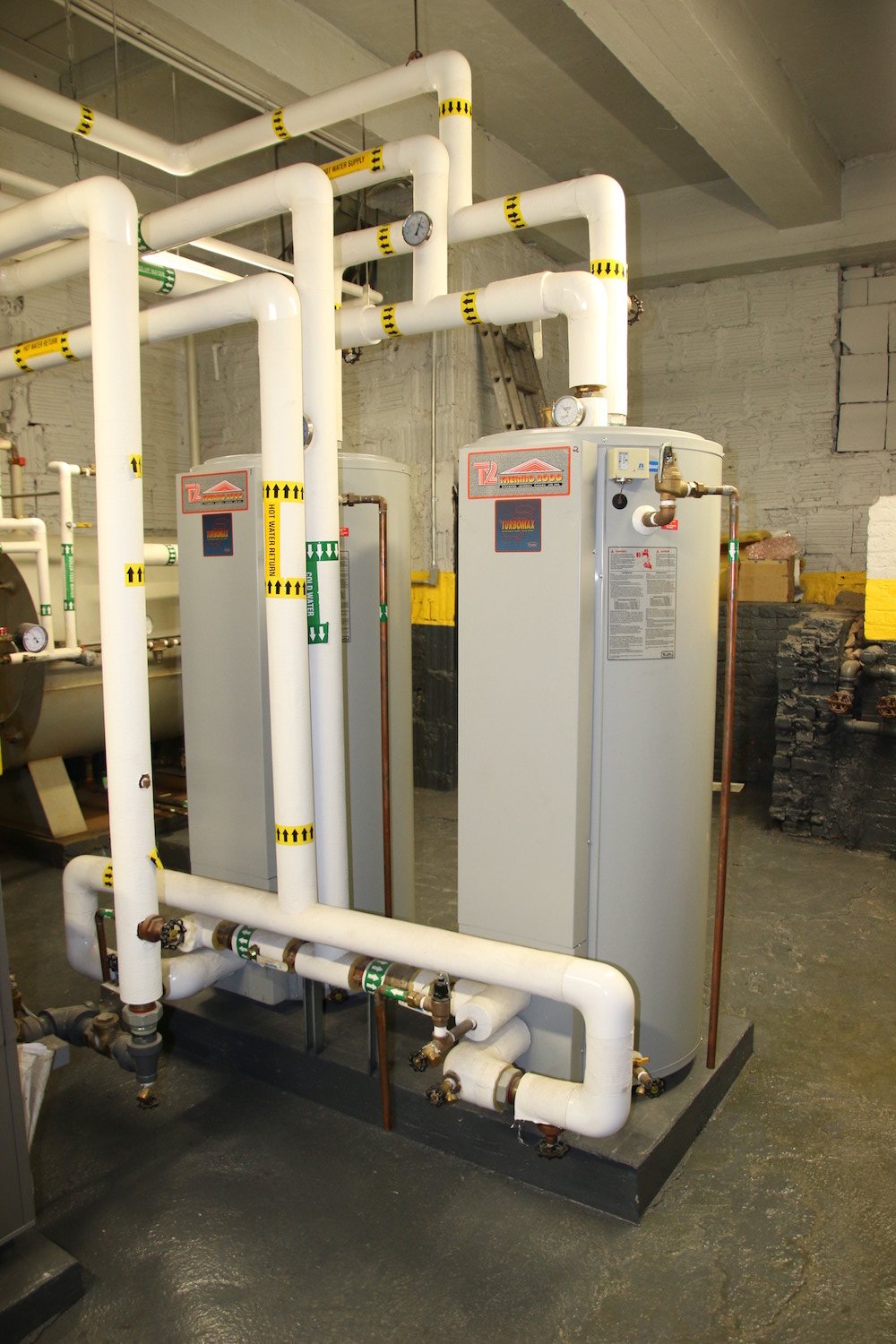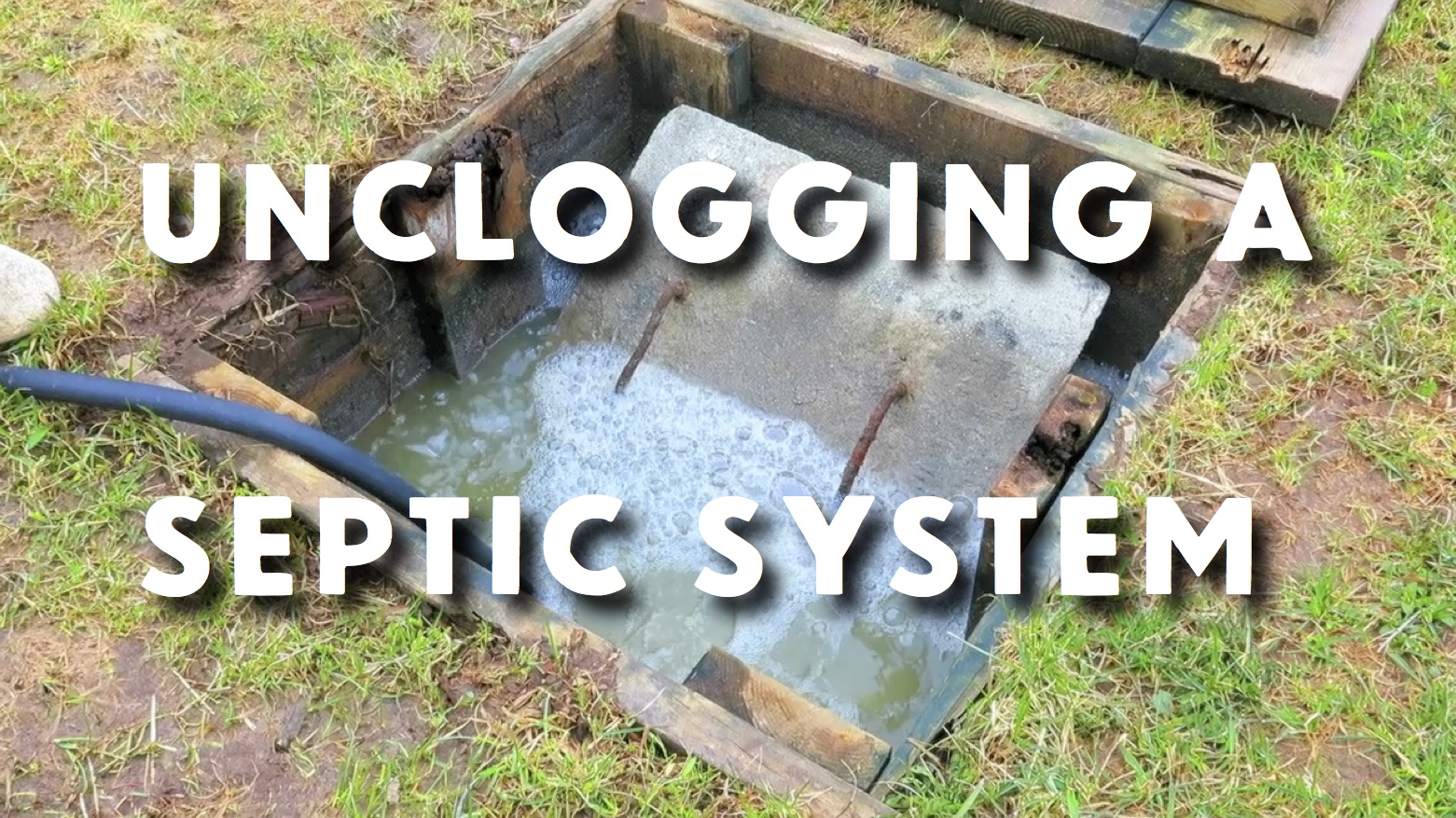Table of Content
“Pin” type cast iron boilers are impossible to clean thoroughly and are prone to fouling; consequently, stack temperature and fuel bills inevitably increase. These cast iron boilers also have sections, gaskets and “push nipples” that leak over time. Furthermore, these components are not often covered by warranty. In most of the U.S., the question of what to heat a home with barely needs to be asked.
So, if you’re thinking about moving to a new home that doesn’t have a gas supply, or are curious about costs and how to save money, then read on. An oil heating system creates clean heat, and the newer models create and transmit almost zero-level smoke and combustion particles into the air. The Environmental Protection Agency has shared that oil burners provide one of the cleanest combustion sources. Your oil heating system, like other heaters, will need to be maintained so that it functions efficiently and safely. Your first step would be to clean the thermostat before the winter to ensure that it will produce a comfortable temperature in the house.
An old furnace and oil prices
When it is hot outside, the unit grabs air from inside your home, removes the heat from it with a refrigerant and pumps it back into the home as cool air. During winter, it takes air from inside and adds heat to it before sending it back indoors to warm up your space. In general, the most important piece of information is the system’s annual fuel utilization efficiency rating, or AFUE for short.
Burning heating oil, through its combustion, produces nitrogen oxide, sulfur dioxide and other fine particles that has a detrimental effect on human health by leading to respiratory problems and other illnesses. Not to mention that when fuel tanks are poorly maintained or simply abandoned, fuel oil is also a source of soil contamination during leaks. Gas suppliers are promoting the arrival of 'renewable natural gas' in their offer to secure their place in the strategy to combat the climate crisis and to claim renewable energy credentials. In the UK, there are around 4 million homes that aren’t connected to the mains gas network. Out of those, about a million1 use oil for their central heating system.
Environmental Benefits of Using Oil Heating Systems
Some of the guidelines adopted today in the Climate Action Council’s final scoping plan require further action before they can be enforced. The new regulations for heating systems, for example, require changes to the state building code. SYRACUSE, NY – A state commission today approved plans to phase out fossil-fuel-burning blast furnaces by 2025 as part of New York’s aggressive climate change program. If you’re considering building a new house, you should, at the very least, install a forced hot air system. This will allow you to very easily install a central A/C system as well.
5 Each year, OVO plants 1 tree for every member in partnership with the Woodland Trust. Trees absorb carbon dioxide from the atmosphere, so tree-planting helps to slow down climate change. Buying oil isn’t quite so simple as choosing a gas or electricity supplier, as the market is not so well-regulated. You can get free estimates online, from places like Boiler Juice, Cheapest Oil and Heating Oil, but these are for price-guides only.
Heating & Cooling Systems
Home with oil central heating aren't connected to the main gas grid. In line with 2050 emissions targets, the UK government has begun to phase out oil boilers – so no new ones can be installed after 2025. Bulk buy – if you don’t have a large-capacity tank, there are heating oil buying clubs you can join. Research is underway to find a suitable biofuel alternative to kerosene, which could provide a cleaner, greener alternative. But currently there’s no viable biofuel to replace domestic heating oil2.

They may actually raise your electric bill just as much as they lower your gas bill, so it could be a toss-up. In general, furnaces are the most efficient of the heating systems, especially if you have natural gas. They work by heating air with a component called a heat exchanger and pushing it into the home through a duct system, using a fan . Along with the fact that they have high-efficiency ratings, one of the biggest advantages of furnaces is the relative affordability. If your home is already equipped to be serviced by natural gas and you don’t plan to move in the coming years, converting from oil to gas heat may save you money over time.
Different Types of Heating Fuels
Variable-speed motors in newer oil furnaces require 80 percent less electricity in comparison to traditional, single-speed motors. Even heating oil has been upgraded to create mixtures that burn cleaner and are far more efficient overall. This should ring some alarm bells for anyone looking to buy an older home with an oil furnace or an oil fired boiler heating system. Many homeowners wait to buy new furnaces because of their considerable upfront costs. They hold onto dated heating equipment in an effort to save cash. However, an inefficient furnace can lead to significant increases in home energy bills.

Your wallet isn’t the only thing that will benefit from this upgrade. There are impressive environmental benefits to consider as well. A high-efficiency model will lower carbon emissions and conserve important natural resources. If you want a greener and more efficient home, this is definitely the choice to make. In certain areas, homeowners may even be qualified for certain tax credits when they choose to have energy-efficient HVAC equipment installed.
Your home’s heating fuel system will be able to function best for your family when you take the best possible care of it. That means making sure there is always an adequate supply of oil, performing regular maintenance, such as tune-ups, and acting quickly if something goes wrong. If you inherited an old furnace with a recent home purchase, expect to spend more for heating oil to maintain your desired temperature.

An oil heating system may actually be an advantage to you and your wallet, as long as you educate yourself on what is required to maintain and operate it. While there are many ways to cut these costs , one very practical step you can take is to outfit your home with an efficient heating system. Even if it requires an upfront investment, you’ll save money over time because the more efficient a heating system is, the less energy it needs to operate, and this can translate into lower heating bills. Remember that in addition to emitting GHGs, fuel oil contributes greatly to smog in urban areas, which leads to poor air quality in homes.

No comments:
Post a Comment